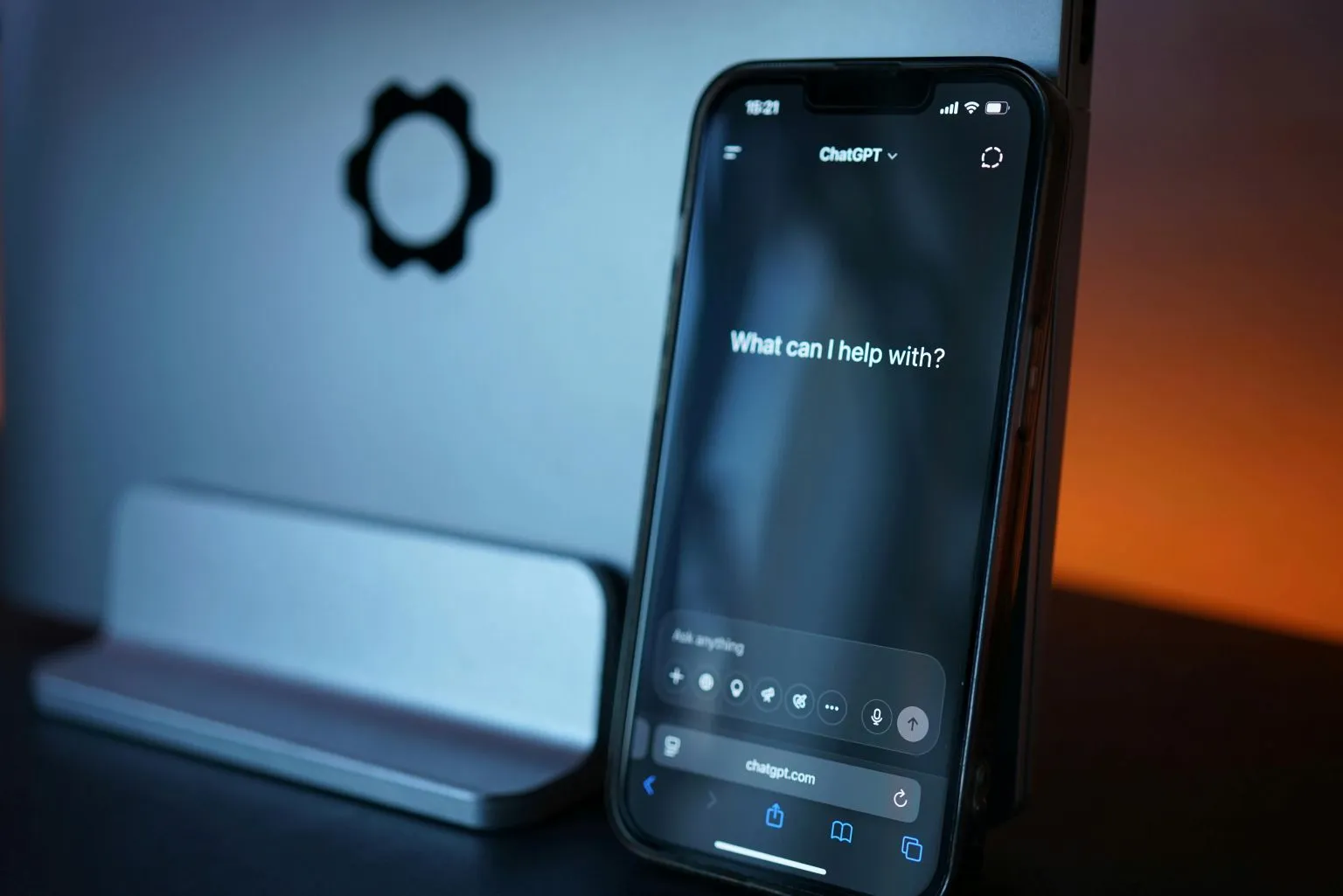
Editor
Lloyd Kelly Miralles chevron_right
Table of Contents
Background of the Partnership

Microsoft first injected US $1 billion into OpenAI in 2019 and has since poured more than US $13 billion into hosting the start-up’s models on Azure and taking a 20 per cent slice of ChatGPT and API revenue. The marriage, once hailed as symbiotic, has lately shown fissures as both companies chase their chips, models, and customers.
What the “AGI Clause” Actually Says
Buried in a 2021 investment amendment is a safety trigger: when OpenAI formally declares that it has built artificial general intelligence—defined internally as a system that can outperform humans at most economically valuable work—Microsoft’s licence to the new technology terminates. The assumption in 2019 was that AGI was decades away, but leadership chatter now says the milestone could arrive within a handful of years, making the clause commercially radioactive.
Why Microsoft Wants the Clause Removed
Redmond argues that its cash, compute, and global go-to-market muscle earned permanent access to every generation of OpenAI models. Executives warn that being cut off at the very moment AGI appears would strand billions of dollars of Azure infrastructure and Copilot features. Some insiders say Microsoft is even prepared to abandon any new equity deal and fall back on the existing commercial contract that runs until 2030 if OpenAI refuses to budge.
OpenAI’s Safety and Governance Rationale
OpenAI’s nonprofit-led board inserted the clause to keep ultimate control over a technology it views as potentially civilization-scale. Leadership fears that ceding contractual rights to a single shareholder would undermine its charter commitment to ensure AGI benefits all of humanity. For now, the board insists the escape hatch stays, even if that costs it its largest backer.
Restructuring Stuck in Neutral
The impasse is one reason OpenAI’s long-planned shift into a public-benefit corporation has stalled; the move needs Microsoft’s consent. Negotiators are also haggling over the size of Microsoft’s future stake—figures between 20 and 49 per cent have circulated—and over whether OpenAI must share future search-ad revenue bumps with Microsoft.
Business Consequences if Talks Collapse

A failure to rewrite the clause could freeze tens of billions in fresh capital OpenAI hopes to raise for training costs, while pushing Microsoft to accelerate its hedge strategy of hosting rival models such as xAI’s Grok and DeepSeek’s R-series. Analysts note that any public split would send competitors—and regulators—scrambling to pick sides.
How Rivals and Regulators Are Watching
Google DeepMind has quietly urged US and EU watchdogs to scrutinise Microsoft’s exclusive leverage, and the US Federal Trade Commission already has an open probe into the deal. A breakdown could invite antitrust complaints from both camps, while also hardening calls for global rules on frontier-model access.
The Road Ahead
Both firms continue daily talks and publicly insist a compromise is likely, but sources close to the negotiations say a make-or-break deadline looms before the next OpenAI funding round later this year. Observers expect a creative middle path—perhaps time-limited access for Microsoft plus new safety veto rights for the board—but warn that a complete divorce, though unlikely, can’t be ruled out.
News sources: The Straits Times, Reuters, Investing.com, The Verge, Financial Times.
